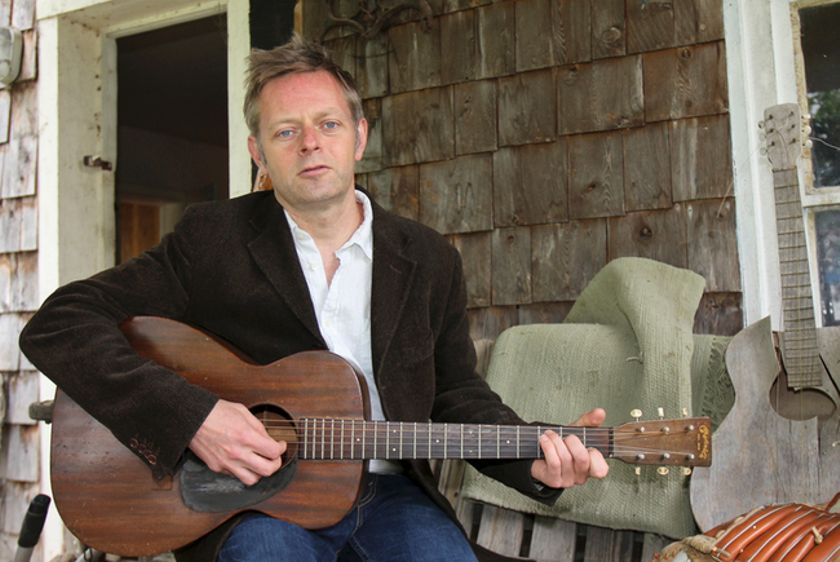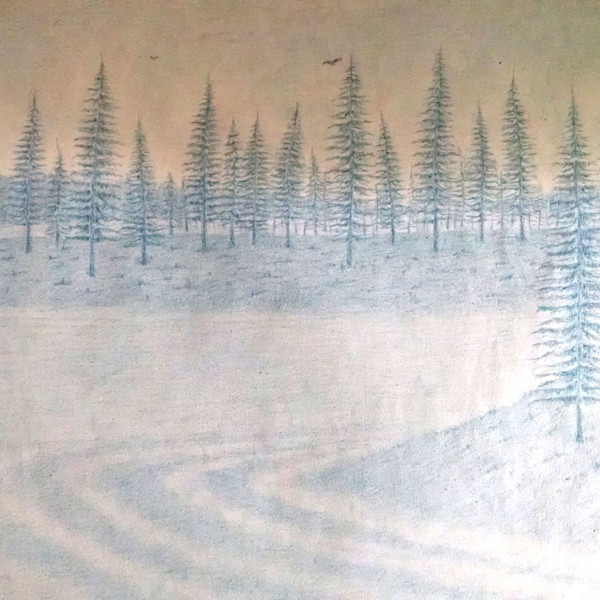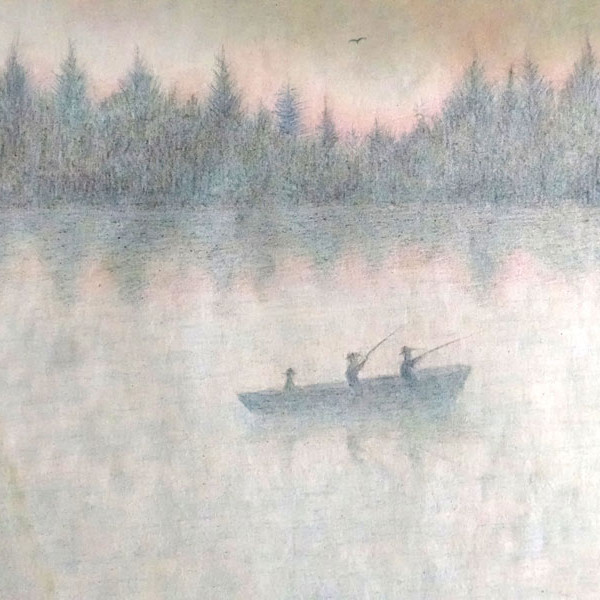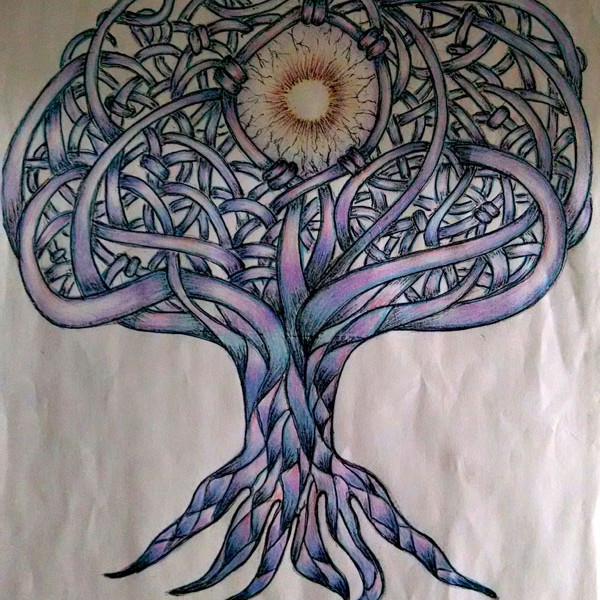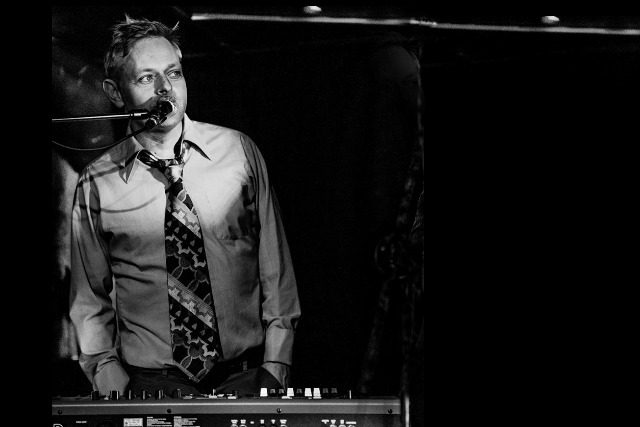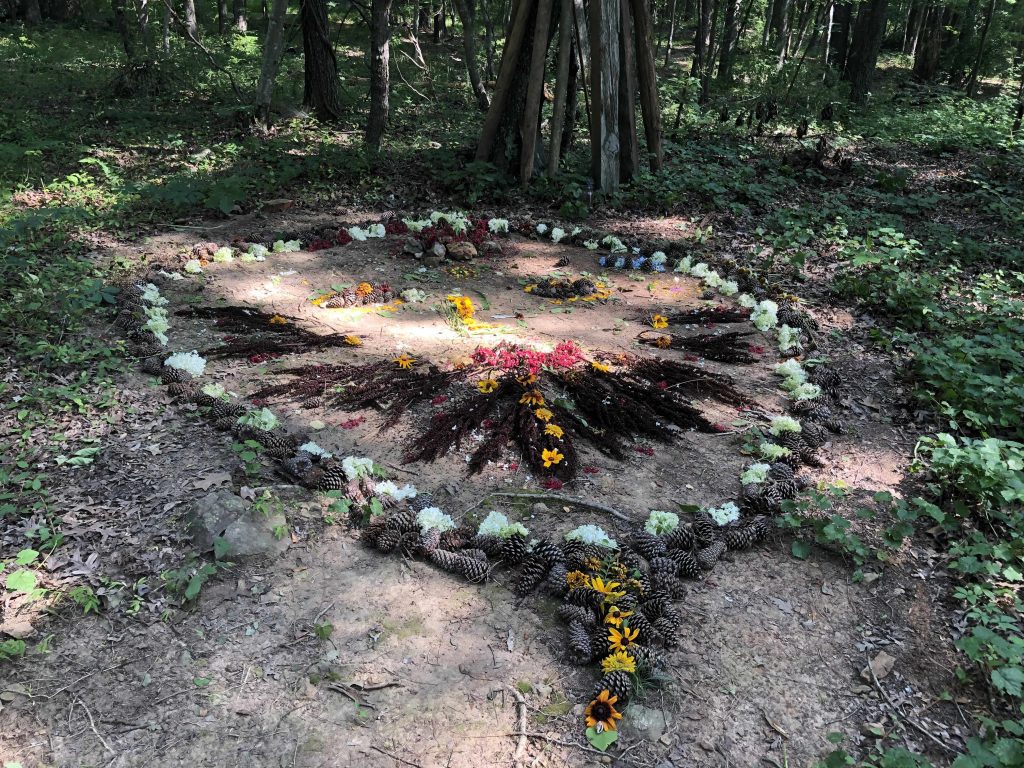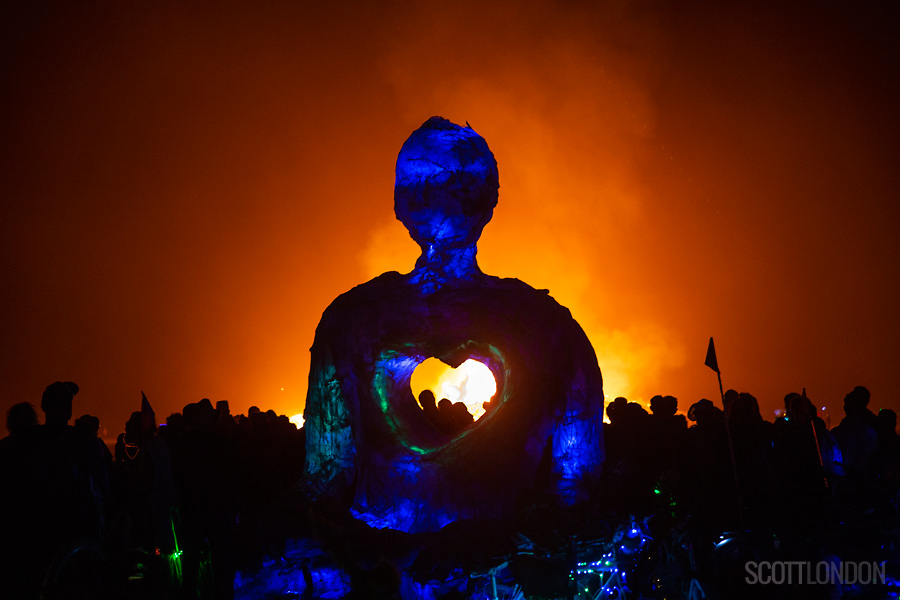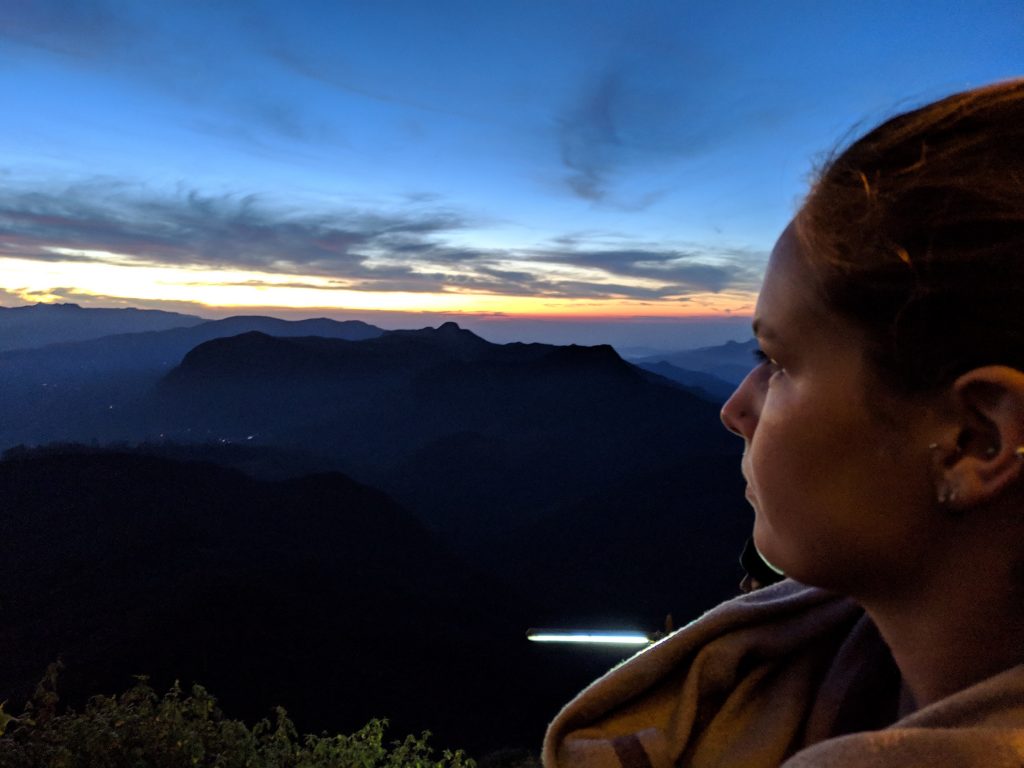Freedom to Make Music
The Pros and Cons Program in Canada mentors people who are incarcerated in a music program that focuses on rehabilitation and restorative justice. The program was founded by Hugh Christopher Brown. He and the incarcerated individuals write, arrange, and record songs entirely within the confines of the prison walls. All music from the program is given freely and anonymously and is downloadable from their website. It is the wish of everyone involved that any monies be directed to three extremely worthy charities listed on their website. Chris Brown spoke to Kosmos about the Pros and Cons Program inception, ethos, recent developments, and plans for the future.
“This civilization has to take responsibility for itself beyond warehousing human beings, and beyond just our acceptance of collective punishment. I’m offering a microphone and something else…” —Hugh Christopher Brown
Kari Auerbach | As founder of Pros and Cons, can you tell me a little bit about the events or the journey that led up to the founding of this program?
Chris Brown | Yes, I started a music studio up on Wolfe Island, which is across the St. Lawrence River from the mainland of Kingston, Ontario, Canada. Kingston is the prison capital of Canada; there are seven prisons there. Everybody in that area is connected to the prison in some way, and one of the deep ways was by the agricultural program, a 200-year-old farming program inside the prisons where they grew food for the food bank and for other institutions. The inmates learned farm skills and animal care, and they developed close relationships with the animals. Then, Stephen Harper’s government decided to destroy that program, which had a 0.1% recidivism rate, meaning if you went through that program, you were less likely to re-offend. So, why destroy a successful program? A lot of my friends who are farmers were getting arrested during the protests. I remember a few of my farmer friends saying, “Chris, you go sing about it.” I thought, “Well, I just need to get inside and do something positive.” I play music, so I just started going inside and playing music.
Kari | What does social justice mean to you? Can you recall the birth of social justice in your music, or is it just an ingrained symbiosis?
Chris | When I was 15 years old, Gil Scott-Heron played in Toronto and I had a great epiphany watching him talk so eloquently about the social temperature of the day. His singing and his social engagement were one and the same. I realized that music has always been about expressing the human condition. Beethoven has a whole symphony set in a prison. What we now know as protest songs are just songs of people’s lives. Secondly, it’s the aspect of ceremony. I grew up Catholic, which has many tiers to it, but certainly music was always ritualized for me as a kid—adding music to the fold of an effort, whether to ease people’s lives or to raise money for a certain cause.
Kari | Tell me about the music sessions you do with people in prisons—how much do you lead or guide? How collaborative are the sessions?
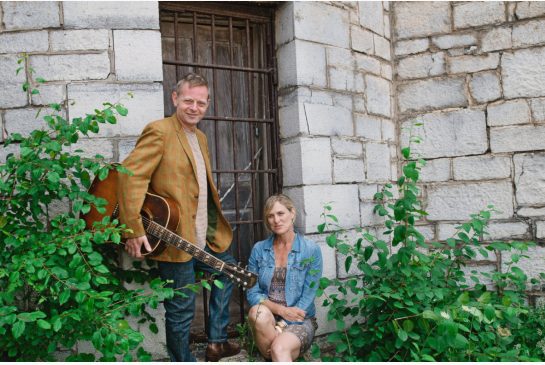
photo: © 2014 Kristen Ritchie
Chris | It’s ever-evolving. The first time I was in there, I just took a guitar… and I was terrified. I’d never been in a prison before, and there were 17 chairs in a semicircle with one in the middle that I was supposed to sit in. I just sat in it and sang a couple of songs. Then I said, “Does anybody know a song?” and they sang to me. A couple of them indicated they were in the chapel choir and they sang a hymn I happened to know, so I went over and sat at the organ and accompanied them. Before you knew it, two hours had passed, because we just started exchanging songs. That was the first day.
The following week, a whole bunch of guys brought notebooks with writing in them. There were songs, poems, and journals. We started talking about writing and right about then, I was asked to do a recording for charity, a symphony or anything of my choosing, so I said, “I want to use inmates,” and I got permission. That was the first recording that we did, their version of my song “Oblivion.” By then I could see everybody was really interested in the process of recording. We ended up making a whole record, and over the course of that, we had to bring the gear in every week, set it up and tear it down. Everyone involved became very acquainted with the technical aspects of engineering. These days, we’ve won the right to build studios in the institutions for the recording equipment, computers, and instruments because that way they’re not dependent on me being there. It’s been working generationally because prison is a very transient place. People are moved from one institution to the other, guards and corrections officers are shifted around continuously, and yet this program has grown by shared knowledge. In the first institution where we started, it’s estimated that there’s been over a thousand people who’ve come through the program. We’re on, I’d say generation four or five of the group, the information gets shared and passed down so that now—as you can hear—the production value is exponentially better. Essentially, what I do now is to come in and listen to what they’re doing and make my comments. Occasionally there’s something that needs to be pulled together, and I also supply the gear. I’m bringing in new instruments every week when I come.
Selah
Oblivion
Kari | Maybe, if inmates would think of themselves as a singer, as a producer, as a recording engineer, then it eclipses what got them there and gives them a place to move on from, which is so important. The engineering and technical aspect is great because that is another set of skills for when they get out.
Chris | Absolutely.
Kari | I want to know how the songs get chosen. You mentioned that they’re writing more and more.
Chris | The way it works is different for each institution actually. In the women’s institution, Grand Valley, John Copping just finished the second record. He works one-on-one with people who bring their songs to him. John Copping is a great artist, songwriter, producer, who started a wonderful music program called Black Ball serving youth in the Toronto area. In Joyce, there are over 50 participants and it’s about them sorting out with each other when they get to use the gear. They’ll go in individually for a couple of hours at a time and work on their own songs and then they’ll ask each other to collaborate. Then there is Collins Bay, where we’ve just started up. One of the graduates is getting folks who were recently incarcerated back in to be able to mentor because that’s a very important step.
Kari | Nice! I wanted to ask you how the program has evolved since it started. Material-wise and methodology too, it seems it has evolved. Can you think of any other ways?
Chris | The music has gone around the globe, and it’s raised the money for a number of causes, you can see the consequence of people’s personal actions inside writing and playing. They can feel this echo from it that’s very positive. A man serving a life sentence said to me the other day that when he was working, “The afternoon went by like a shot,” because you’re pouring yourself into something meaningful. That evolution of folks developing a means of utilizing their life energy towards their own betterment, which then raises a positive societal impact, is a really important formula.
My own evolution has been a continual education in terms of boundaries and the implications of the work. I create a contract in a sense with people I’m working with. I don’t want to know what they’ve done unless they want to tell me. I don’t need to know what they’ve done because that’s already been settled. They’ve been tried and convicted and they’re serving their time. I’m offering a microphone and something else.
Kari | I think a very important and beautiful aspect of the way you work is just meeting people where they are and elevating their skills, working, collaborating and moving on from there.
Chris | When they begin to feel right about that, invariably they want to talk to me about what their crimes are. At that point, we’ve passed that crime being an identity. It’s an aspect of their lives, and I think that’s a more advantageous angle for comprehending it and taking responsibility for it. What’s interesting now is that people are getting out and are choosing whether or not they want to be publicly engaged with the music and the work. If they do, then they’re talking about their crimes, often publicly, which is a huge step. That’s really owning something. All of this has to be done with supreme sensitivity, foremost to victims, and then to these folks who’ve gone through very intense events in their lives. For them to step out of the fray and say, “Yes, I’ve done this and here’s what the impacts are on other people’s lives and my own.” It’s restorative justice. This is always an evolution. It will always be dynamic and case sensitive.
Video
TedX Talk
Kari | What have been some of the transformational aspects of the program for you, for the participants, and for the institutions?
Chris | It’s given me incredible compassion and wonder at some of these corrections officials who I work with who are sainted, though not all of them. I’ve said to corrections officials, “There are former offenders that I wouldn’t want to hang out with, there are corrections officials, I wouldn’t want to hang out with.” And the officials agreed. It’s an incredibly intense position and I admire the dedication. A lot of people you meet working in corrections and in the justice world have themselves experienced victimhood or violence in their family and have decided to make a difference in the world.
Kari | And the prison chaplain…
Chris | Yes, Kate Johnson, who initially got me in there. She was very instrumental in getting this started. A real scion of restorative justice, who has given me great education and insight, and who I sometimes turn to still. I have deep respect for the folks I see working within a system and doing so compassionately, bravely, and sticking their necks out to make differences without being bureaucratic. When you have a population that has zero advocacy, guess what? You can sit on your hands all day, and for those who choose not to, it’s amazing.
Kari | Are the various institutions generally supportive of the Pros and Cons Program?
Chris | Well, yes, because we’re creating a more loving and cooperative population. Relationships are developing among people in prisons, where normally isolation and threat are the norm. It’s providing programming and psychological services that were totally slashed under the conservative governments. It really is about your intention. We developed these justice systems and then some dude thinks, “Hey, great, I can make money off that!” Our former prime minister stood behind a podium that said, “Victims first,” as he was announcing these mandatory minimums for marijuana use. Just who is the victim? Depends on your definition of victim! Speaking as a Caucasian male myself, it really is a favorite stance of Caucasian males who don’t think they’re getting what they were born to get, and it’s a degradation of our own personage, it’s a degradation of masculinity, of culture, of everything. For instance, it’s why I see some politicians do not want an Aboriginal person in the room because it takes the light off of their victim status. They didn’t want a woman around for the same reason. Again, this ties back to the beginning in terms of what inmates or people who’ve done bad things are used for. They’re used to rationalize that kind of antisocial behavior. We have to start calling it out, because it’s ruinous.
Artwork by Inmates | (anonymous by request)
Courtesy Pros and Cons Program, click to enlarge
Kari | From the work you’ve done with former offenders, what do you think are some of the common misconceptions that myself or others on the outside might have about who these people are?
Chris | It’s funny, because immediately I go to the way prison is marketed. As a musician, I’ve seen the way record companies a decade ago or more, got involved with the prison system in America for the sake of marketing urban music, and it’s heinous. The history is there—the way that it’s marketed in terms of who survived prison and they’re street and they’re tough. Here we are on the outside now and we can look at them and kind of be scared of them and be titillated. One of the people serving a life sentence that I work with is writing a rap called, “You’re working too hard. Don’t be a fraud” which is all about that. The people serving life sentences are kind of like the elders in prison. I’m thankful for people that get out of prison and have a job of any kind, but that romantic, I’ll call it a ‘ghettoization’ of incarceration, is not working. It’s not serving people. I watch the patience, the camaraderie. If you’re really going to survive it, Malcolm X is a great example of someone who taught himself to read and who educated himself in prison, and that’s repeated millions of times! That’s really what it’s about. Yeah, you have to know how to defend yourself but, the principal way to defend yourself is by knowing who you are and not being seduced into pettiness. You can fight over a dime in prison literally. Small things are worth so much in there. Or, you can choose to do something else, and the music is helping. I know it is. A participant’s mother said to me, “You’re saving my son’s life.” and I said, “No, your son’s saving his own life. I’m very happy to take part in that. It’s his own decisions and his own courage.” These are people, it’s a population, and it’s a facet of our society that is kept separate for many reasons—genuine fear, but also laziness and exploitation. Some say that where we’ve had civilization, we’ve had crime. Well, where we’ve had crime, we’ve had sweat lodges, we’ve had restorative justice.
Kari | What is the prevalence of mental health issues among people who are incarcerated?
Chris | Eighty percent are suffering from some form of mental illness. And those are just the ones who are diagnosed. The convictions are just punctuation marks on a sentence that has been running for a long time. It ties back into the outside in terms of opportunity, education, and child welfare, primarily. We know how people look demographically at data and say, “This population doesn’t have enough men raising children.” Okay, why?
Kendrick Lamar said something really great a couple of years ago in a Rolling Stone interview. When asked why he thought he had escaped going to prison like so many of his peers had, he said, “Because I had a father in my life and having a man around, it helps you deal with emotions.” That’s a very deep statement. We don’t all have fathers around for all kinds of reasons, cultural and otherwise. We have to figure out how we attend to that. What is taking the place of the father? Well, in prison you find it, in mob society you find it… these things replace family. If you stigmatize and separate, if you do this political thing, all it’s doing is running people to these alternate systems that eventually become confrontational with one another and themselves.
Delicate Love
LINKS
https://prosandconsprogram.com/
https://prosandconsprogram.com/postcards/ – Listen Download – Album ‘Postcards From The County’
https://prosandconsprogram.com/undisclosed-location/ – Listen, Download – Album ‘Undisclosed Location’
Kari | You’ve made another very important point there, about that need to belong and the systems we may or may not have that address that need. Thank you, now can you tell us a little bit about how the program has grown and what is on the horizon for and from the Pros and Cons program?
Chris | We are about to receive charitable status, meaning we’ll be able to issue tax receipts, which is amazing For the past three years, we’ve been generously supported by the David Rockefeller Fund, which is a wonderful restorative justice fund. They’ve really allowed us to grow and prosper to the point where we’re now in three institutions. We have others with their doors open to us. I just need to clone myself, or we get charitable status, we get money in, and I’m able to employ more people. Currently, I employ folks when they get out of prison to help with the work, and we need to hire lawyers and other staff.
Musically, there’s a second women’s record that was just finished, due out in the coming months. We have over 150 songs from the first institution, which I think we’re going to release as an album per month over the course of a year. We have a couple of new institutions on the rise and, as I said, we’re creating these open-source materials so that anybody can emulate them around the world. Increasingly too, the people who come through the program are able to speak to these matters and we’re getting to a place where they can do interviews and speaking engagements. As I said to them, they’re the experts. They’re the ones who can come inside and help. They’re the ones who can speak to the outside and start really taking those walls down.
Kari | And this provides a wonderful opportunity for someone who might otherwise struggle to find employment due to their record.
Chris | That’s exactly what I’m doing currently, out of my own means. Once we are a charity, we’ll be able to do that in a much broader way.
Kari | Good. Well, if anybody is reading that’s in Canada and wants to help…
Chris | Yes. They can contact us through the website prosandconsprogram.com. We have methods of accepting donations. Donated instruments are great. They can also donate right there on the site to our chosen charities, Candace House, which is a really amazing charity started and run by Wilma Derksen in Winnipeg.
Kari | Can people donate skills, like pro bono lawyers?
Chris | Yes.
Kari | Great! Well, it’s been wonderful talking to you about this awesome program. Thank you so much, Chris!
Chris | You too.



